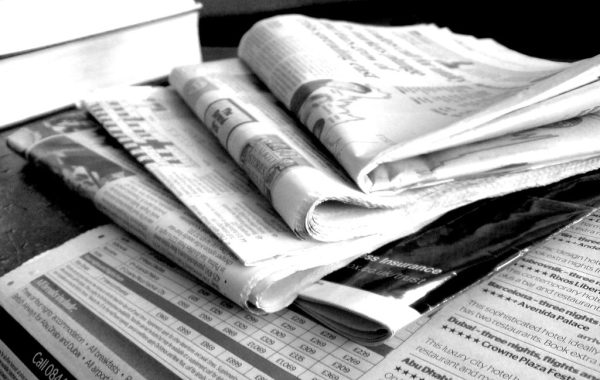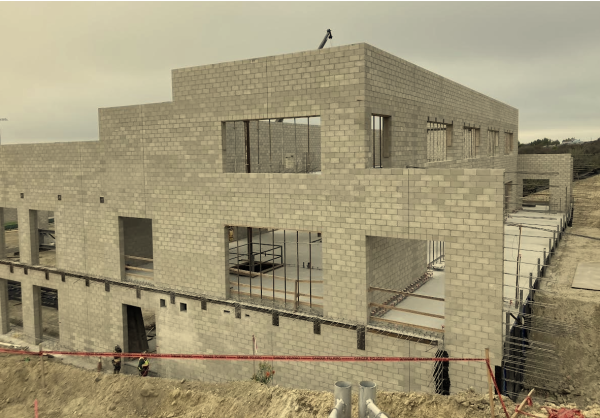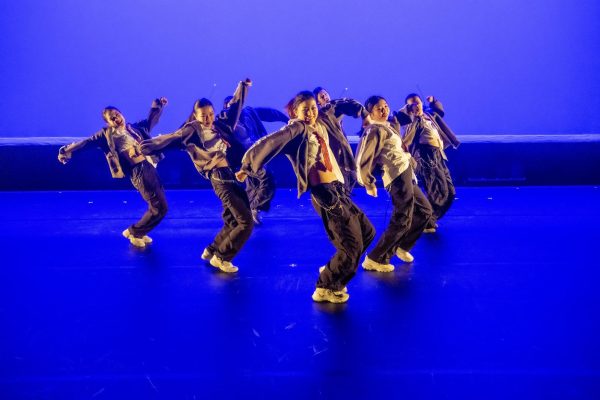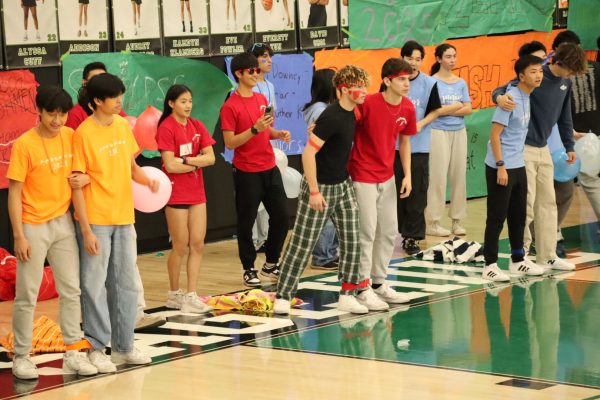“The West Wing” Loses Its Comedy To Confusion
A group of television executives sit around a table, each holding a pen and half a dozen scraps of paper. On each one they jot down things that are “funny:” the U.S. President riding his bicycle into a tree, sex workers in the White House, an elementary student tour gone wrong. They stuff these into an envelope and hand them to a writer Aaron Sorkin. “it doesn’t have to mean anything,” they tell him. “Just make it look good. And make it funny.”
This might not have been how The West Wing came into existence, but it might as well have been. Opening on a dimly lit bar scene overlaid with a jaunty burst of music, The West Wing unfolds into a political horror show laced with shallow dialogue and a disappointing lack of political commentary. When the President Jed Bartlet (Martin Sheen) has an unfortunate collision with a tree while on vacation, the White House staff scrambles to handle the challenges that come their way — a boat full of Cuban refugees, angry backlash from a group of conservative Christians, and a deputy communication officer’s accidental tryst with a call girl.
Long camera shots follow characters down the bustling corridors of the White House, capturing the moments of chaos in a way that creates a vivid sense of place. The confusion is palpable and yet the characters find moments for heart-to-heart talks. It’s an evocative and honest reflection of the tangled web of slip-ups and successes that hold the government together.
Direction Thomas Schlamme conveys the sensation of working in a political space with perfect clarity. He keeps things moving in a swirl of action, color, and dizzying movement — which helpfully distracts from a plot that doesn’t always make sense.
However, with the jerking speed of the comedy and borderline ridiculous banter create an oppressive sense of humor that grows exhausting as the show wears on. Dialogue bounces back and forth in a way that quickly loses its realism. It’s never quite as clever as it wants to be, and the dry humor often toes the line of absurdity.
While Sorkin clearly has a truthful ear for dialogue and knows hot to dig for a laugh, the language often leads towards flippancy and insensitivity. The Cuban refugees making their perilous journey is debated over in the office with jokes like “they’re making the hop in fruit baskets” and “the Nina the Pinta, the get the hell out of there,” which turns a light-hearted comedy into a group of white elite politicians trading quips on the suffering of refugees like it’s last night’s football game. Even as the Wild Wing reveals an important truth about the state of the government, it also somehow simultaneously manages to undermine its severity.
The West Wing feels like an exercise in comedic style over substance, coherence and commentary; a series of surprising odds and ends slotted next to each other with little connective tissue. While it serves as a good laugh at the unreliable political system, it rubs salt in a fresh wound for marginalized people whose lives depend on the decisions of the government, and lacks the deeper political commentary to tie these concepts together in a meaningful way.
To its credit, by the ending sequence The West Wing breaks through the muddle of ill-timed humor and chaos for a refreshing burst of clarity. As the president returns to his post and brings order to the White House, the humor winds down. Sorkin dances around subtext altogether and goes straight for the jugular with a reminder that out of the 750 refugees, only 127 of them survived the trip.
With the hushed fervor of the few lines, the show begins to steer itself out of the realm of cliche — and for once, the comedy doesn’t cause the words to lose any of their sting. The comedic effect becomes an elaborate build-up towards the gritty truth of politics and their impact on real human lives.








